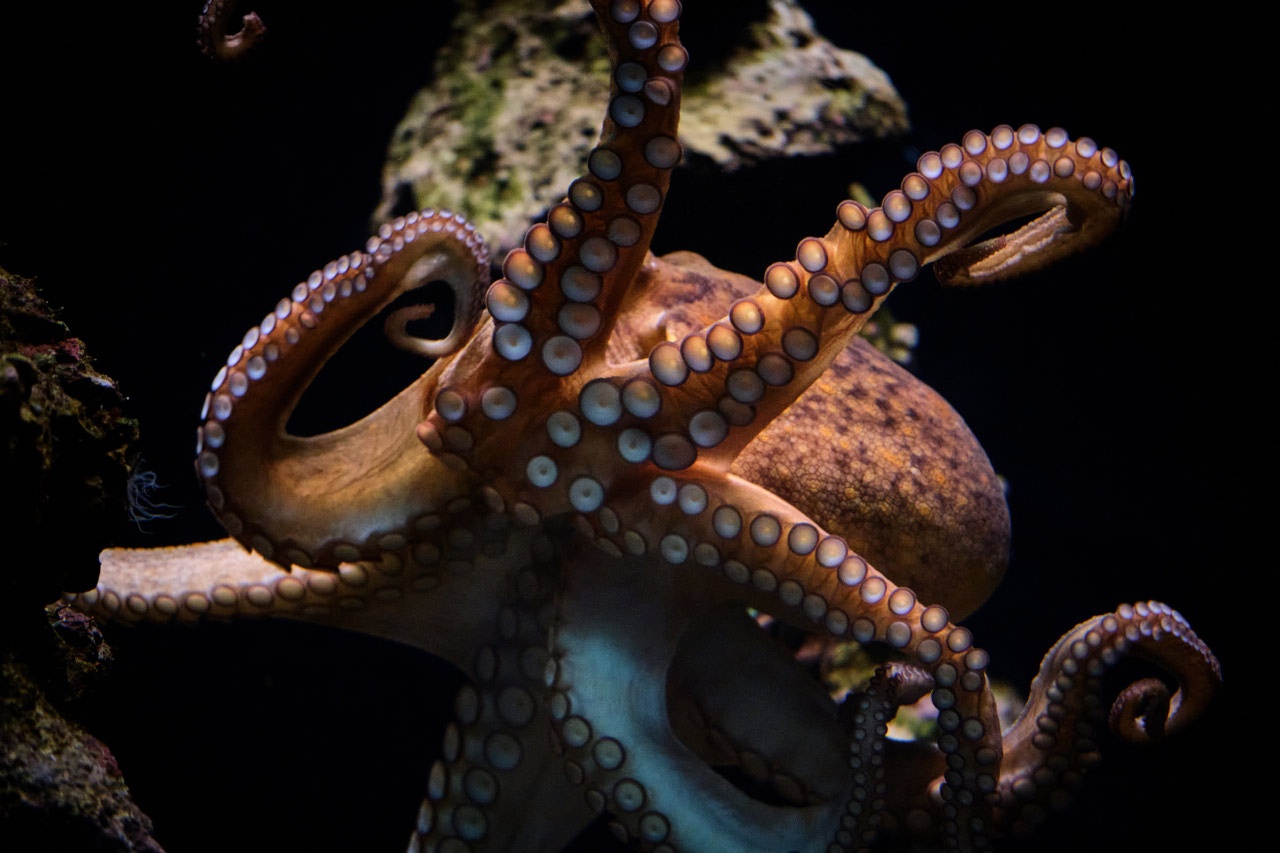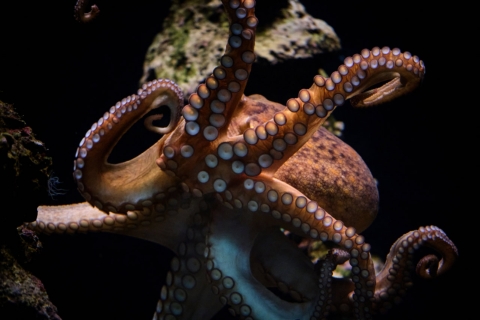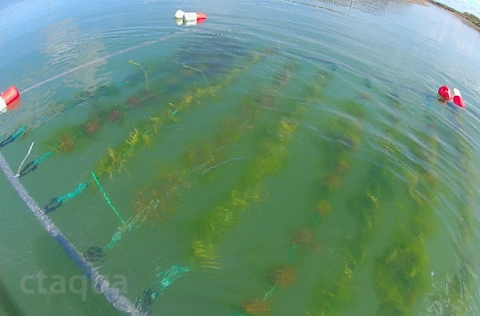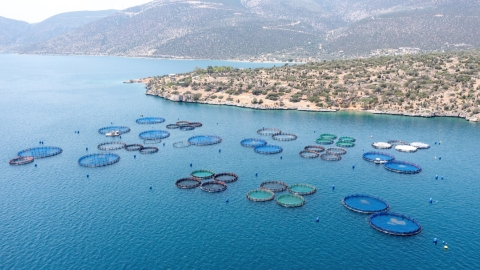
A global coalition of cephalopod experts has come out in defence of octopus aquaculture, countering recent moves in the United States to outlaw the practice over ethical and environmental concerns. Writing in the journal Marine Policy, researchers from 66 institutions across 25 countries argue to responsible, science-based octopus farming could become a vital component of a sustainable global food system.
They caution that “a blanket ban disregards the potential benefits of octopus aquaculture, which is still at an experimental stage and could contribute to sustainable food systems and resource conservation if developed with robust scientific oversight”.
In 2024, the states of California and Washington banned the farming of octopus. A bill now before the US Senate seeks to extend that ban nationwide. These legislative efforts stem from growing concerns over animal welfare and environmental impact. However, the scientists insist that “concerns about the welfare and sustainability of animal raised as food for humans are important but both are being addressed proactively through scientific innovation, research and regulation, so outright prohibition of octopus aquaculture is unwarranted”.
A common criticism levelled at octopus farming relates to the animal’s intelligence and emotional complexity. But the group highlights that “animals raised for human consumption for thousands of years-such as pigs, cows and chickens-are not less sentient, yet humane farming practices are still being developed, improved, refined and regulated to ensure their welfare”. As such, they argue that octopus aquaculture should follow the same path, with tailored welfare standards that recognize the species’ specific physical and cognitive needs.
The octopus’s carnivorous diet is another issue critics raise, with concerns over the environmental costs of feeding farmed animals with fish-based products. Yet the authors note promising developments in aquaculture nutrition: “Some carnivorous fish farms use approximately 70% plant-derived ingredients in their fish feed.” They warn that banning octopus aquaculture to global food, nutrition and economic security without adding pressure to overfished wild octopus populations, which for millennia have been exploited by humans as a food source”.
The backdrop to this debate is the projected surge in global meat consumption, expected to reach two billion tonnes per year by 2050. Traditional livestock farming may struggle to meet this demand sustainably, are highly nutritious and benefit human health,” they write. For many tropical regions where octopuses are native, small-scale farming could also boost food security, improve livelihoods, and reduce the vulnerability of economically marginalized coastal communities.
The researchers include representatives from the Institute of Marine Sciences (ICM-CSCI) in Barcelona and AiCeph LLC in Japan. In a clear statement of transparency, they emphasise that they hold no commercial interest in the octopus farming industry: “We are scientists expressing our opinion about the feasibility of octopus aquaculture.”
While debate continues, the group calls for a science-led approach grounded in evidence rather than ideology. “It is essential to explore all viable, sustainable and ethical food production systems rather than dismiss any prematurely,” they conclude.



